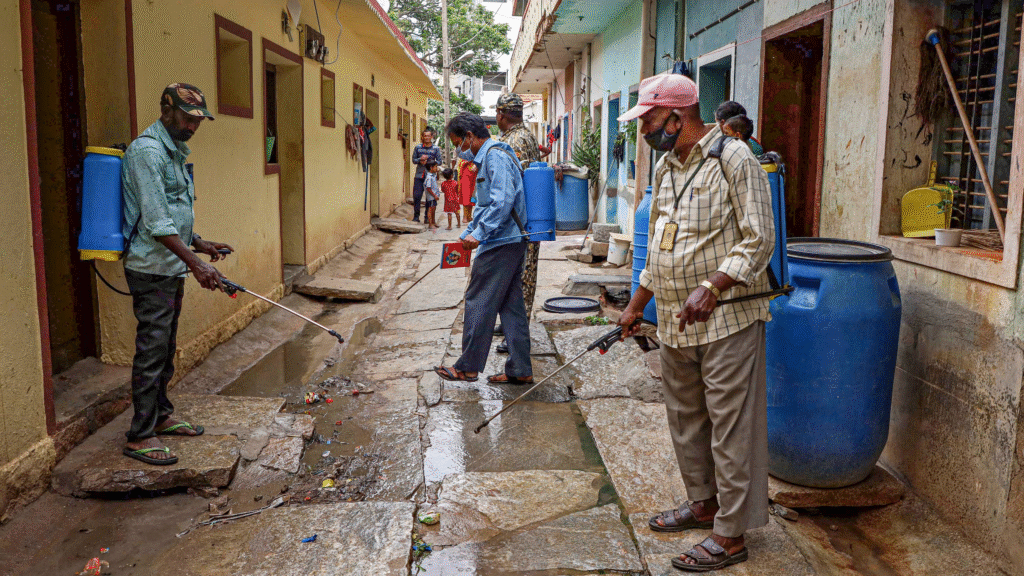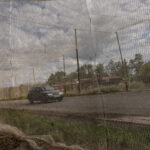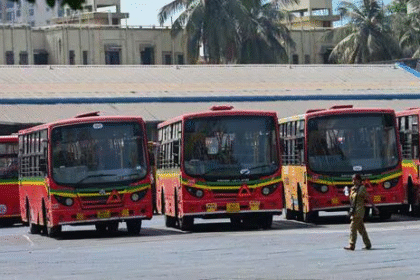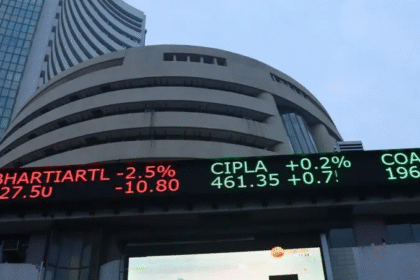Dengue Outbreak in Bengaluru: 442 Cases in Just 30 Days – BBMP Issues High Alert Across City
Bengaluru reports 442 dengue cases in a single month, sparking concern across neighborhoods. BBMP issues an urgent health warning, launches citywide mosquito control and fever surveillance as dengue infections spike in 2025
Bengaluru is witnessing a sharp rise in dengue cases as the monsoon intensifies. According to the Bruhat Bengaluru Mahanagara Palike (BBMP), the city recorded 69 cases in the past week and 442 cases in July alone. Since the beginning of the year, 1,685 dengue cases have been reported in the city.
On Monday, BBMP Chief Commissioner Maheshwar Rao directed civic officials to intensify mosquito-control measures and identify potential breeding sites. He ordered the use of chemicals to control larvae, regular fogging, and pesticide spraying in high-risk areas. Rao also called for greater public awareness campaigns and suggested installing OV traps in households to monitor and reduce mosquito populations.
Health officials warn that dengue cases usually surge between May and August due to heavy rains, leading to water stagnation. Pools of stagnant water, often found in flower pots, coolers, discarded tires, and construction sites, serve as breeding grounds for Aedes aegypti, the mosquito responsible for spreading dengue.
According to a study published in the Indian Journal of Medical Research, Karnataka has seen recurrent dengue outbreaks in the past decade, with Bengaluru accounting for a large share of the cases due to rapid urbanisation and poor waste management. In 2023, India reported over 2.7 lakh dengue cases nationwide, according to the National Vector Borne Disease Control Programme (NVBDCP).

Sudden high fever
Severe headache and pain behind the eyes
Nausea and vomiting
Joint and muscle pain
Skin rash
Severe dengue, also known as dengue hemorrhagic fever, can lead to dangerous complications such as bleeding, breathing difficulties, and organ damage. Warning signs include persistent abdominal pain, vomiting blood, bleeding gums, and extreme fatigue. Health experts advise immediate medical attention if any of these severe symptoms appear.
The BBMP has urged residents to take precautions to prevent mosquito breeding:
Avoid stagnant water around homes and offices
Keep water containers covered
Change water in flower vases and birdbaths regularly
Use mosquito repellents and nets
Wear long-sleeved clothing, especially during early mornings and evenings
With dengue cases rising every year, public health experts share that community participation is as important as government action. A study in The Lancet Global Health revealed that community-driven cleanliness and awareness programs significantly reduced dengue outbreaks in Southeast Asia.
Bengaluru is grappling with a sharp spike in dengue cases, as the city reported 442 infections within just 30 days. The alarming rise has prompted the Bruhat Bengaluru Mahanagara Palike (BBMP) to issue a citywide health alert and intensify preventive measures across affected zones.
With the monsoon season in full swing, stagnant water and poor sanitation are contributing to the surge in mosquito-borne infections. According to BBMP health officials, this is one of the highest monthly spikes in dengue cases Bengaluru has seen in recent years.

Total Dengue Cases in July 2025: 442
Wards with Highest Infections: RR Nagar, Mahadevapura, Bommanahalli, East Zone
Children Affected: Over 120 under the age of 14
Hospitalizations: 50+ cases required admission for high fever and platelet drop
Deaths Reported: No fatalities yet, but ICU cases rising
Health authorities have flagged that many cases are being reported from IT corridors and apartment complexes, where construction work and stagnant water in basements are creating breeding grounds for the Aedes aegypti mosquito.
In response to the surge, BBMP Commissioner Tushar Girinath has issued an emergency public advisory with 5 immediate action points:
Anti-Larval Spraying in All Wards – Fogging operations increased in high-risk zones
Weekly Source Reduction Campaigns – BBMP workers deployed to eliminate stagnant water spots
Door-to-Door Fever Surveillance – Health staff conducting thermal screening and symptom checks
Fines for Negligent Households – Residents allowing mosquito breeding could face penalties
24×7 Dengue Helpline: BBMP has activated 080-22660000 for dengue-related queries and support
Doctors across Bengaluru hospitals are urging citizens to be vigilant for the following early signs of dengue:
High fever (often 102°F and above)
Severe headaches and pain behind the eyes
Muscle and joint pain (“breakbone fever”)
Nausea, vomiting, skin rashes
Sudden drop in platelet count (warning sign of dengue hemorrhagic fever)
Early detection and hydration are key to recovery. Citizens are advised not to self-medicate and to consult doctors immediately if symptoms persist for more than 48 hours.
Empty flower pots, coconut shells, unused buckets
Use mosquito repellents and nets indoors
Keep water tanks covered tightly
Avoid storing water in open containers
Cooperate with BBMP staff during inspections
Dr. Meena Krishnamurthy, Senior Virologist at a Bengaluru hospital, warns:
“Dengue cases are often underreported. The real number may be much higher. We need a collective community effort to break the mosquito breeding cycle before it peaks in August.”
Stay indoors during early morning and dusk hours when mosquitoes are most active
Wear full-sleeved clothing, especially for children
Avoid travel to high-risk wards unless necessary
Report any fever clusters in your locality to the BBMP helpline
The Karnataka Health Department has instructed all PHCs and BBMP hospitals to keep dengue testing kits, IV fluids, and additional beds ready. Mobile fever clinics and emergency response vans are also being deployed in hotspot zones.







